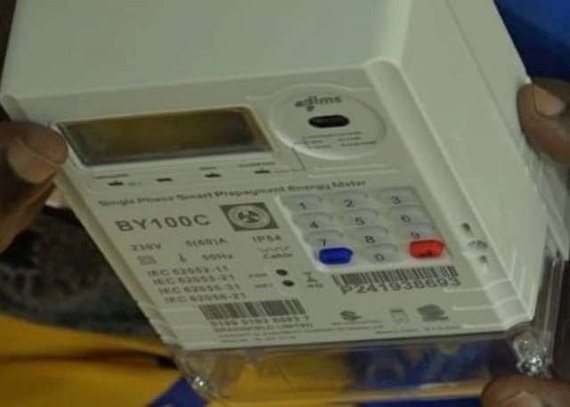The government has begun a nationwide audit of smart meter installations following widespread concerns over unusually fast electricity consumption, the Minister for Energy and Green Transition, Mr John Jinapor, has said.
Speaking at the Government Accountability Series media briefing held in Accra on Wednesday, July 16, 2025, Mr Jinapor acknowledged rising public frustration over what he described as “Usain Bolt” meters, alleged to deplete prepaid units at an unusually rapid rate.
“We needed to pause, audit, and rationalise the deployment of smart meters because of inefficiencies we identified,” Mr Jinapor said. “The audit will expose any unfair billing practices and help restore confidence in the system.”
He noted that while the smart metering initiative, which began under a previous administration, was introduced with good intentions, it was poorly implemented.
“Smart meters are important, but they must work properly,” he said. “If a household buys GH¢100 worth of electricity, they must be confident it reflects actual usage, not inflated figures.”
Mr Jinapor said the Ministry is working closely with the Electricity Company of Ghana (ECG) and the Northern Electricity Distribution Company (NEDCO) to identify irregularities and enforce accountability.
“In some regions, our staff have been attacked while recovering revenue, which shows how sensitive this issue is,” he added.
He clarified that the audit is not a rejection of digital metering but a step to ensure accurate billing and fairness. “This is not an attempt to scrap the use of smart meters. The goal is to ensure they serve their purpose,” he said.
As part of wider reforms in the sector, Mr Jinapor announced that the Cabinet has approved a policy to place all non-essential public institutions on prepaid meters. Hospitals, schools, and security services will be placed on postpaid systems with defined budgets.
“If we want the private sector to invest in our utilities, we must first fix the fundamentals,” Mr Jinapor said.





